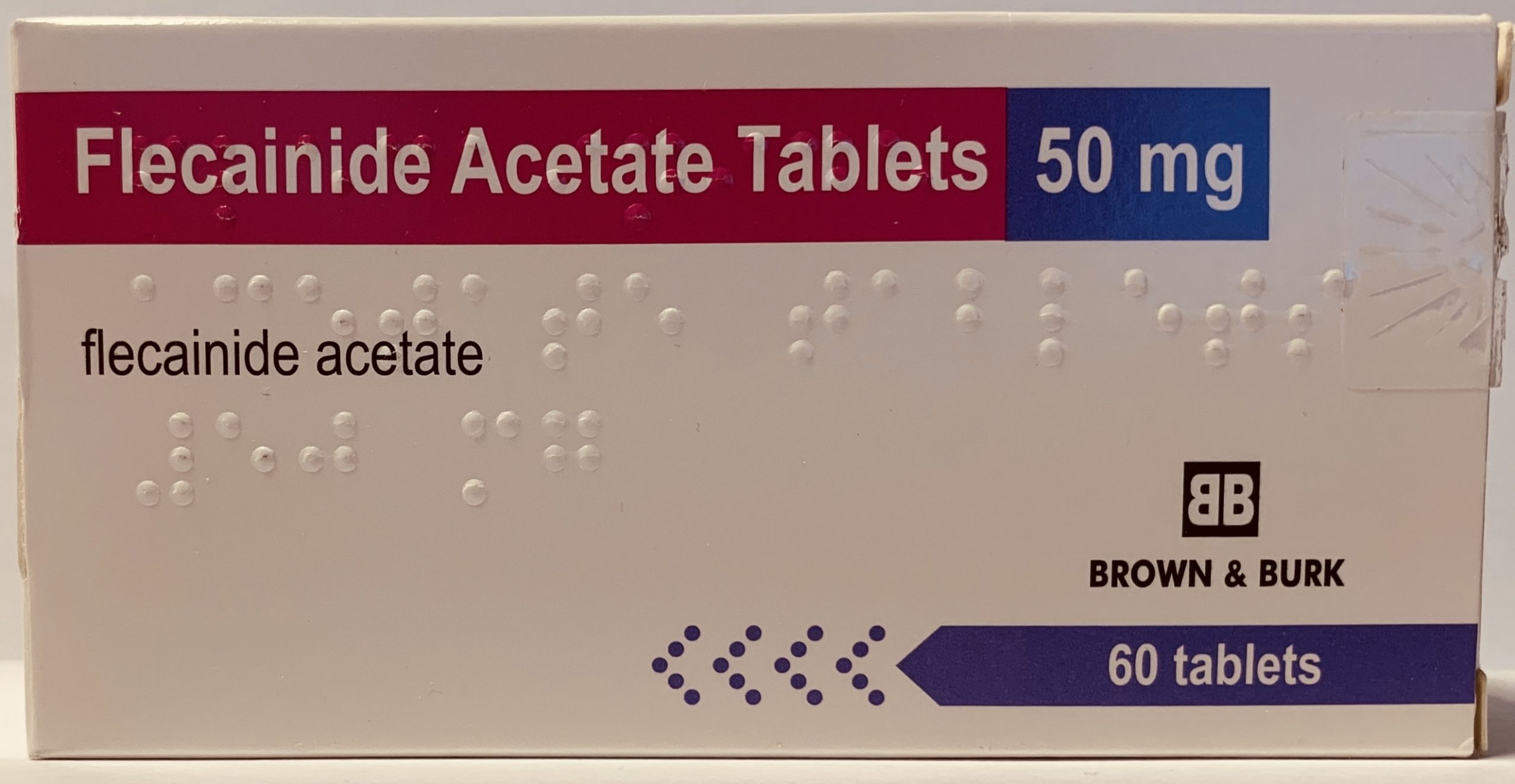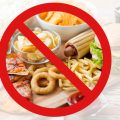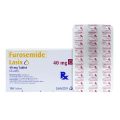Taking some types of medicine at the same time you eat can cause your body not to absorb the medicine. Or certain foods may delay or decrease the absorption of the drug.
Some medicines cannot be taken with certain types of food. The food can cause a reaction that changes the effect of the medicine. It also can create or heighten side effects.
What is Flecainide?
Flecainide is used to prevent certain types of life-threatening irregular heartbeats. Flecainide is in a class of medications called antiarrhythmics. It works by slowing electrical signals in the heart to stabilize the heart rhythm.
Improper beating of the heart, whether irregular, too fast or too slow occurs when electrical impulses in the heart don’t work properly. There may be no symptoms. Alternatively, symptoms may include a fluttering in the chest, chest pain, fainting or dizziness.
How to use Flecainide
Take this medication by mouth with or without food, usually twice daily or as directed by your doctor. The dosage is based on your age, medical condition, response to treatment, and other medications you may be taking. Be sure to tell your doctor and pharmacist about all the products you use (including prescription drugs, nonprescription drugs, and herbal products).
Use this medication regularly to get the most benefit from it. To help you remember, take it at the same times each day. Tell your doctor if your condition does not improve or if it worsens.
Foods to Avoid When Taking Flecainide
Studies have shown that Oral flecainide has a Tmax of 3-4h and a bioavailability of 90%. A new study on the subject matter indicates that food rich-in-protein and grapefruit juice may affect the bioavailability of antiarrhythmic drugs like flecainide and should be avoided.
In addition, tobacco smoking may reduce the effectiveness of Flecainide, because tobacco smoke contains substances that speed the removal of Flecainide from the body. Also, Tobacco smoking may increase the blood pressure or contribute to the risk of heart disease and related problems.
Alternatively, if you take Flecainide and suddenly stop Tobacco smoking, you may experience increased or worsening side effects of Flecainide, such as nausea, headache, tremor or heart-related side effects. Make sure your prescriber is aware that you smoke Tobacco or if you plan to stop smoking. Contact your prescriber immediately if you experience chest pain, palpitations, dizziness, fainting or falling spells, shortness of breath, or change in your usual heart beat (fast, slow, or irregular heart beat) while taking Flecainide.
What side effects can this medication cause?
Flecainide may cause side effects. Tell your doctor if any of these symptoms are severe or do not go away:
- dizziness
- changes in vision
- headache
- weakness
- uncontrollable shaking of a part of your body
- constipation
- stomach pain.
Some side effects can be serious. If you experience any of these symptoms, call your doctor immediately:
- fast, pounding, or irregular heartbeat
- chest pain
- shortness of breath
- extreme tiredness
- nausea
- loss of appetite
- persistent cough with blood-tinged mucus
- swelling of the hands, feet, ankles, or lower legs
- confusion
- unusual bleeding or bruising
- pain in the upper right part of the stomach
- yellowing of the skin or eyes
- flu-like symptoms.
Flecainide may cause other side effects. Call your doctor if you have any unusual problems while taking this medication.
If you experience a serious side effect, you or your doctor may send a report to the Food and Drug Administration’s (FDA) MedWatch Adverse Event Reporting program online (http://www.fda.gov/Safety/MedWatch) or by phone (1-800-332-1088).






